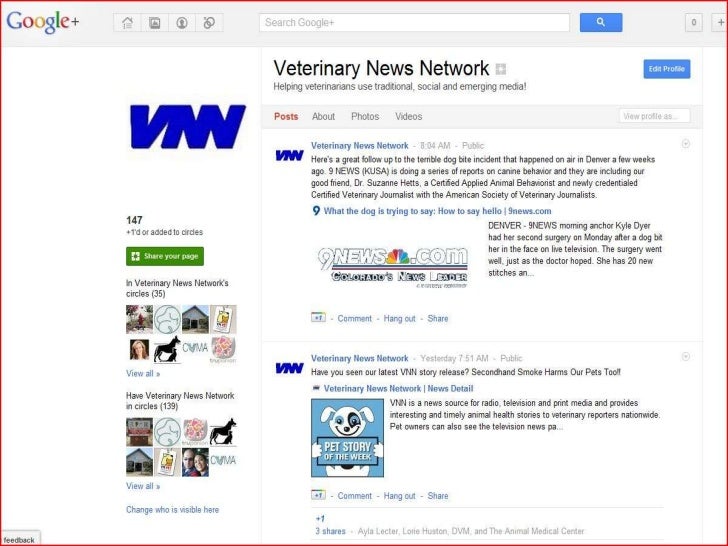

LinkedIn’s product team makes substantial changes to address bad things on its product, even when it costs the company “engagement.” While I was at BuzzFeed News, for instance, my colleague Ryan Mac and I wrote about a phenomenon called Broetry. This encourages people to pick their fellow users up, not tear them down.

You use your real identity there, and what you say has ramifications. It threatens your ability to get your next job, strike your next partnership, or find your next customer. On LinkedIn, being a jerk has consequences. Facebook may require you to use your “real name,” but being a jerk can mostly cost you Facebook “friends,” and since you likely have more of those than friends in real life, you can spare a few. Twitter is filled with anonymous, bile-spewing users who corrode the network’s tone. On most social networks, you can be a jerk with little consequence. Here’s a brief rundown of what LinkedIn gets right: But given that the network’s peers seem to live in perpetual scandal, there’s a lot we can learn from it.

LinkedIn’s built a friendly, productive, and scaled network by developing the right incentives and taking genuine action when things go wrong. “I no longer respond to people on any platform except LinkedIn,” Galloway said. It’s a place, as Scott Galloway recently put it, where people assume you’re engaging in good faith, not bad. The tone on LinkedIn is, actually, kind of friendly. Despite its massive size - nearly 800 million members - it isn’t filled with the same type of misinformation, trolls, and engagement baiting algorithms that define its peers. LinkedIn is something of an enigma as a social network.


 0 kommentar(er)
0 kommentar(er)
